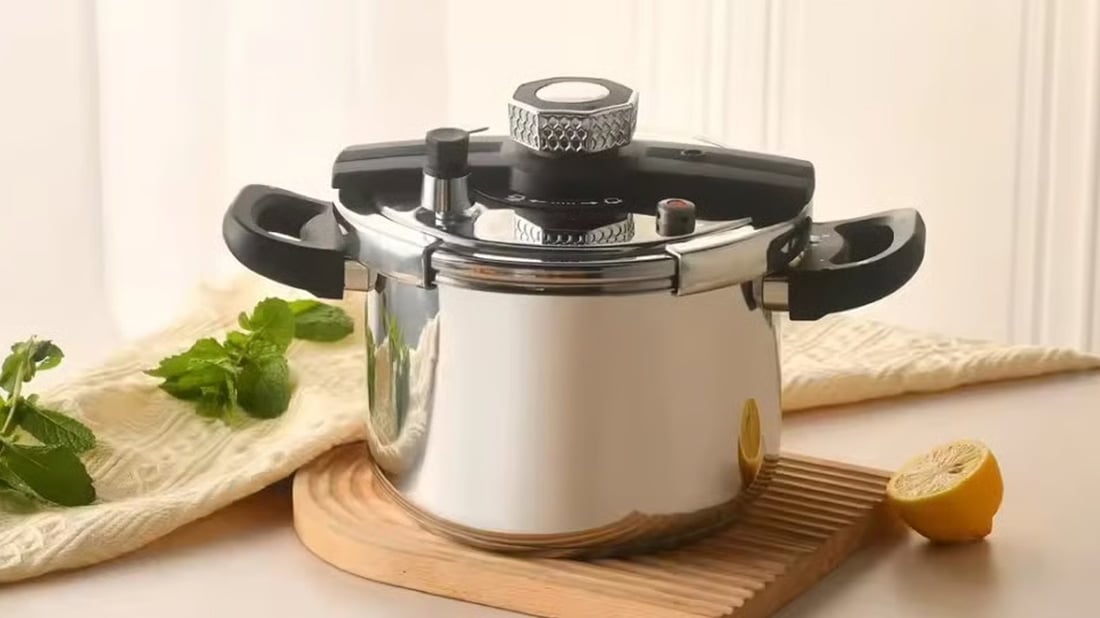Understanding Induction Cooking
Induction cooking is becoming increasingly popular due to its efficiency and precision. Induction cooktops use electromagnetic energy to heat cookware directly, rather than relying on a flame or heated coil. This requires the use of induction-compatible cookware, which is specifically designed to work with induction stovetops.
Material Matters: Stainless Steel
Stainless steel is a popular choice for induction-compatible cookware due to its durability and versatility. It is resistant to rust and corrosion, making it a long-lasting option for your kitchen. When choosing stainless steel cookware, look for pots and pans with a magnetic bottom, as this is essential for induction cooking.
Aluminum Cookware and Induction
While aluminum is a great heat conductor, it is not magnetic and therefore not inherently compatible with induction cooktops. However, some manufacturers create aluminum cookware with a magnetic base specifically for induction cooking. Look for aluminum cookware that is labeled as "induction-compatible" to ensure it will work with your stove.
Cast Iron Cookware for Induction
Cast iron is a classic choice for cookware due to its excellent heat retention and durability. Cast iron cookware is naturally induction-compatible, as it is a ferrous metal that responds well to magnetic fields. When choosing cast iron cookware for induction cooking, ensure that the bottom is flat and smooth to make good contact with the cooktop.
Copper in Induction Cookware
Copper is a fantastic heat conductor, making it a popular choice for cookware. However, copper is not magnetic and is not compatible with induction stovetops on its own. Some manufacturers offer copper cookware with a magnetic base, making it suitable for use on induction cooktops. Look for copper cookware labeled as "induction-compatible" for best results.
Non-Stick Cookware Considerations
Non-stick cookware is convenient for cooking and cleaning, but not all non-stick coating materials are suitable for induction cooking. Look for non-stick cookware with a magnetic base, such as those made with stainless steel or aluminum, to ensure compatibility with your induction cooktop.

